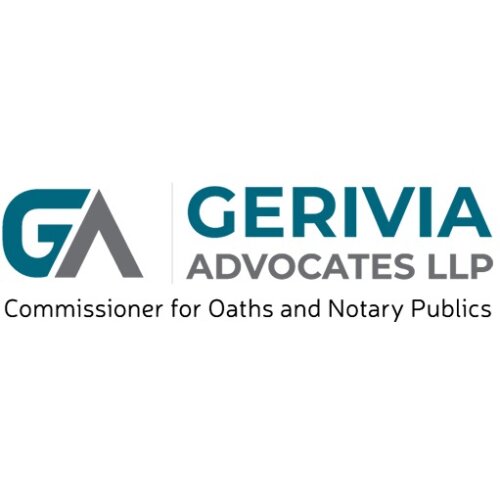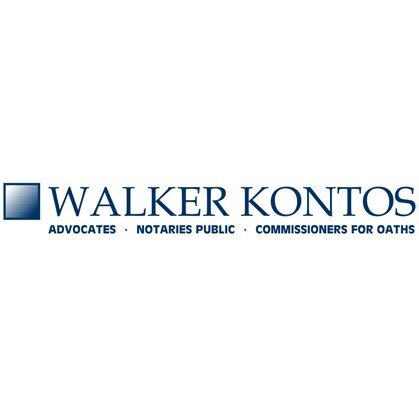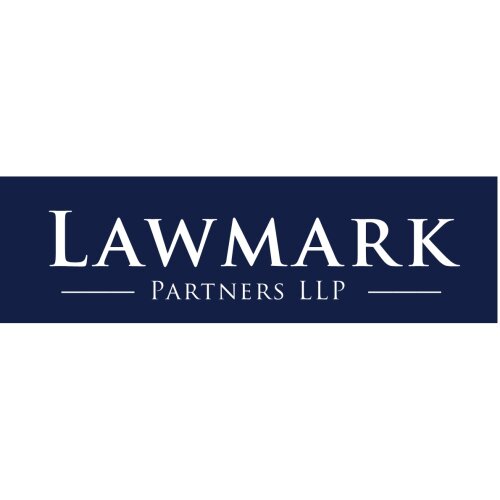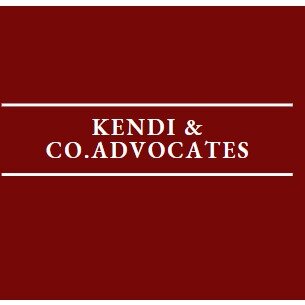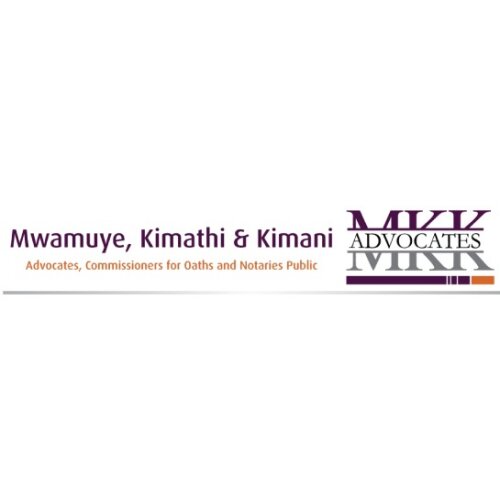About Water Law in Nairobi, Kenya
Water law in Nairobi, Kenya refers to the body of legislation, regulations, and legal principles that govern the use, management, conservation, and allocation of water resources. Given Nairobi's growing population and increasing demand for water, legal frameworks play an important role in ensuring equitable access, preventing pollution, and resolving disputes. In Kenya, water law is influenced by both national statutes and local authority bylaws, which are designed to balance public interests, commercial needs, and environmental sustainability.
Why You May Need a Lawyer
There are several situations where individuals, companies, and organizations may require the services of a lawyer experienced in water law in Nairobi. Common scenarios include:
- Disputes over water rights or access to water sources, such as rivers and boreholes
- Negotiating or drafting commercial water supply agreements
- Compliance with environmental regulations related to water use, waste discharge, or pollution control
- Pursuing water-related licenses, permits, or approvals from the relevant authorities
- Litigation arising from pollution or environmental degradation
- Advice on land development projects that interact with water courses or wetlands
- Representation in matters related to water tariffs, billing disputes, or illegal water connections
A lawyer specializing in water law can help ensure legal compliance, protect your interests, and advocate effectively during disputes or negotiations.
Local Laws Overview
Several key laws and regulations shape water management and usage in Nairobi:
-
Water Act, 2016 - This is the primary legal framework governing water resource management in Kenya. It establishes institutions like the Water Resources Authority and sets out provisions for licensing, water allocation, pollution control, and dispute resolution.
-
Environmental Management and Coordination Act (EMCA), 1999 - This act regulates environmental conservation, including the management of water resources and pollution control.
-
Nairobi City Water and Sewerage Company Regulations - These local bylaws regulate water supply, distribution, connection procedures, tariffs, and usage within Nairobi.
-
Land Act, 2012 - Addresses how land ownership and use relate to water rights and riparian land management.
Other sectoral and county-level regulations may also apply, especially concerning conservation of wetlands, waste management, and health standards for water quality.
Frequently Asked Questions
What agencies regulate water supply and use in Nairobi?
Regulation of water in Nairobi involves the Water Resources Authority (WRA), Nairobi City Water and Sewerage Company, and Nairobi County Government. The National Environment Management Authority (NEMA) oversees environmental compliance.
Do I need a permit to drill a borehole in Nairobi?
Yes. Individuals or organizations must obtain a borehole drilling permit and abstraction license from the Water Resources Authority before drilling and using groundwater in Nairobi.
How do I resolve a dispute with my water supplier?
Disputes with water suppliers begin with internal complaint mechanisms. If unresolved, you can escalate matters to the Water Services Regulatory Board (WASREB), the Energy and Water Tribunal, or the courts.
What are riparian reserves and why do they matter?
Riparian reserves are buffer zones adjacent to water bodies, typically 6 to 30 meters wide, where construction or cultivation is restricted to protect water sources, prevent pollution, and minimize flooding risks.
Can water usage be restricted during droughts?
Yes. During periods of drought, the Water Resources Authority may issue restriction orders to prioritize water for essential uses and protect public health and the environment.
Is it legal to divert a river or stream on my property?
No. Diverting, blocking, or altering a river or stream without authorization from the relevant authorities is illegal and may attract fines or other penalties.
What should I do if my water supply is contaminated?
Contact the Nairobi City Water and Sewerage Company immediately to address the issue. You may also notify NEMA and the Ministry of Health, especially if contamination poses a public health risk.
How are water tariffs determined in Nairobi?
Water tariffs are set by the Nairobi City Water and Sewerage Company, subject to oversight by WASREB, which protects consumer interests and ensures fair pricing structures.
What penalties exist for illegal water connections or tampering?
Illegal water connections, tampering with meters, or bypassing official supply lines are criminal offenses and can lead to prosecution, heavy fines, or imprisonment.
Can I use rainwater for domestic purposes in Nairobi?
Yes. Rainwater harvesting is encouraged for non-potable uses, such as gardening and cleaning. Large-scale systems may require compliance with county building codes or health regulations.
Additional Resources
If you need further information or support related to water law in Nairobi, consider the following resources:
- Water Resources Authority (WRA): For water permits, licensing, and general regulation
- Nairobi City Water and Sewerage Company: For connection, billing, supply issues, and consumer support
- National Environment Management Authority (NEMA): For environmental compliance and pollution cases
- Ministry of Water, Sanitation and Irrigation: For national water policy and governance
- Water Services Regulatory Board (WASREB): For oversight of water utilities and consumer protection
- Energy and Water Tribunal: For legal dispute resolution in water sector cases
- Law Society of Kenya: For referrals to qualified water law practitioners
Next Steps
If you believe you need legal assistance in a water law matter, follow these steps:
- Gather all relevant documents, such as permits, correspondence, contracts, or notices related to your water issue
- Write down a clear summary of the problem, including dates, names of involved parties, and any steps you have taken so far
- Consult a law firm or advocate with experience in water law and environmental regulations
- If your issue involves government agencies, be prepared to provide identification and supporting paperwork for your claim
- Follow your lawyer's advice and participate fully in the resolution process, whether through negotiation, complaints procedures, or court action
Legal expertise can be essential in navigating the complexities of water law, ensuring your rights are upheld, and finding workable solutions for your water-related concerns in Nairobi.
Lawzana helps you find the best lawyers and law firms in Nairobi through a curated and pre-screened list of qualified legal professionals. Our platform offers rankings and detailed profiles of attorneys and law firms, allowing you to compare based on practice areas, including Water Law, experience, and client feedback.
Each profile includes a description of the firm's areas of practice, client reviews, team members and partners, year of establishment, spoken languages, office locations, contact information, social media presence, and any published articles or resources. Most firms on our platform speak English and are experienced in both local and international legal matters.
Get a quote from top-rated law firms in Nairobi, Kenya — quickly, securely, and without unnecessary hassle.
Disclaimer:
The information provided on this page is for general informational purposes only and does not constitute legal advice. While we strive to ensure the accuracy and relevance of the content, legal information may change over time, and interpretations of the law can vary. You should always consult with a qualified legal professional for advice specific to your situation.
We disclaim all liability for actions taken or not taken based on the content of this page. If you believe any information is incorrect or outdated, please contact us, and we will review and update it where appropriate.








